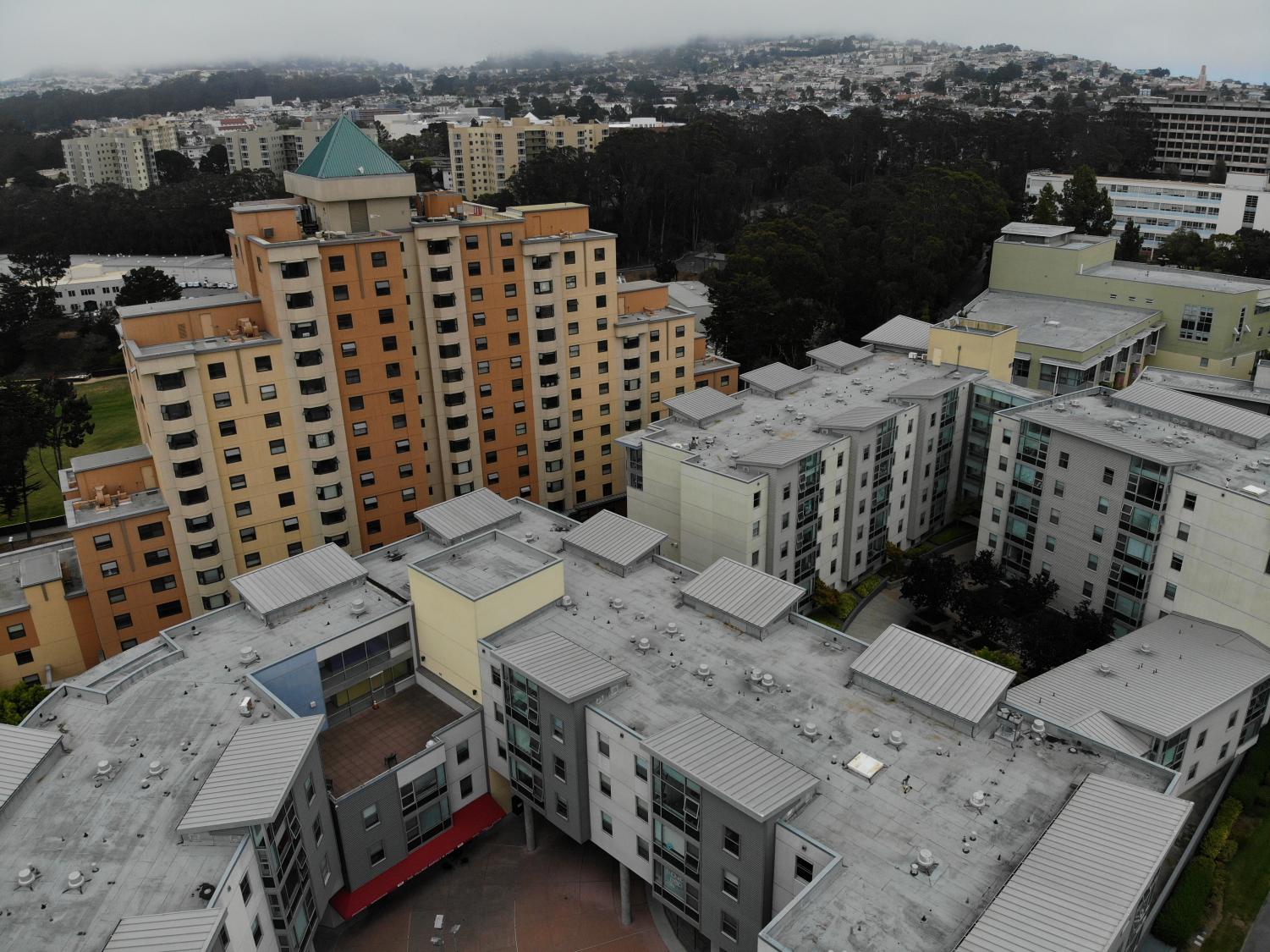What is an ‘at-risk’ student? Students question limited on-campus housing protocol
June 22, 2020
University Housing announced its plans for fall semester in an email sent to students on June 4. Limited housing is available for two select groups of students, and prior fall housing confirmations are now null and void. “At-risk” students were listed as one of the exceptions of cancelled confirmations.
Executive Director of Housing, Dining & Conference Services Jeny Patino defined an at-risk student as someone who is “not safe at home, housing insecure/homeless or someone with no safe place of pursuing their academic success while home or elsewhere away from campus.”
Patino said any student who falls under this category should self disclose their circumstances to the housing office, and it will “review their request and respond accordingly.”
According to the University’s 2019 – 2020 data set, 60.4% of first-year freshmen and 6.9% of undergraduate students as a whole lived in on-campus housing this past fall. With no estimate of how many slots are available, students are concerned with the uncertainty of which at risk students are deemed eligible by University Housing.
Third-year student Mary Walden is one of many students who has questions about limited housing.
“If housing won’t even be offered to me, I would like my [application] fee back,” she said. “I also want to know how they decide that we are at risk. Do I have to tell them all the sensitive information about my situation just to get overpriced housing?”
Students like Walden have the option to either cancel their application fee with a full refund before July 1 or to defer their application to the Spring semester. Details about the Spring semester are “forthcoming,” according to the University Housing webpage.
Nycki Bryant, another third-year student, said she understands the need for a limited number of people on campus but believes students should not have to go into detail about personal hardship in order to secure a safe housing space.
“Like, what will we have to provide?” she said. “What evidence do residents in toxic households have to give to be able to live on campus? It’s just an unclear process right now and comes off as invasive,” Bryant said.
In response to the recent announcement, the Disability Program Resource Center sent an email to students about housing and accommodations. Students with disabilities who access DPRC resources are usually prioritized in housing, but due to COVID-19 safety precautions, may not qualify as immediately “at -risk.”
Bay Collier is a third-year student who self identifies as at risk. She was “floored” to hear that housing services did not consider the repercussions of its actions to students like herself.
“I was also thrown into a panic because I’m autistic, and sudden and extreme changes stress me out,” she said.
Collier said she’s called the housing office a few times about her situation, but it referred her to the recent announcement with no information about possible next steps. She was told that if she qualifies, she will “be notified.”
“It’s upsetting to have worked so hard to get into a university and then be faced with extreme uncertainty,” Collier said. “I don’t feel like I should have to justify why I need housing.”
As the fall semester approaches, Collier worries that students will be displaced due to the timeliness of this announcement.
“If they truly valued students, they would understand that housing insecurity will bleed over into academic performance,” Collier said.
University Housing suggests students who no longer qualify to look at their off-campus housing resource page to find alternatives for the upcoming semester.

